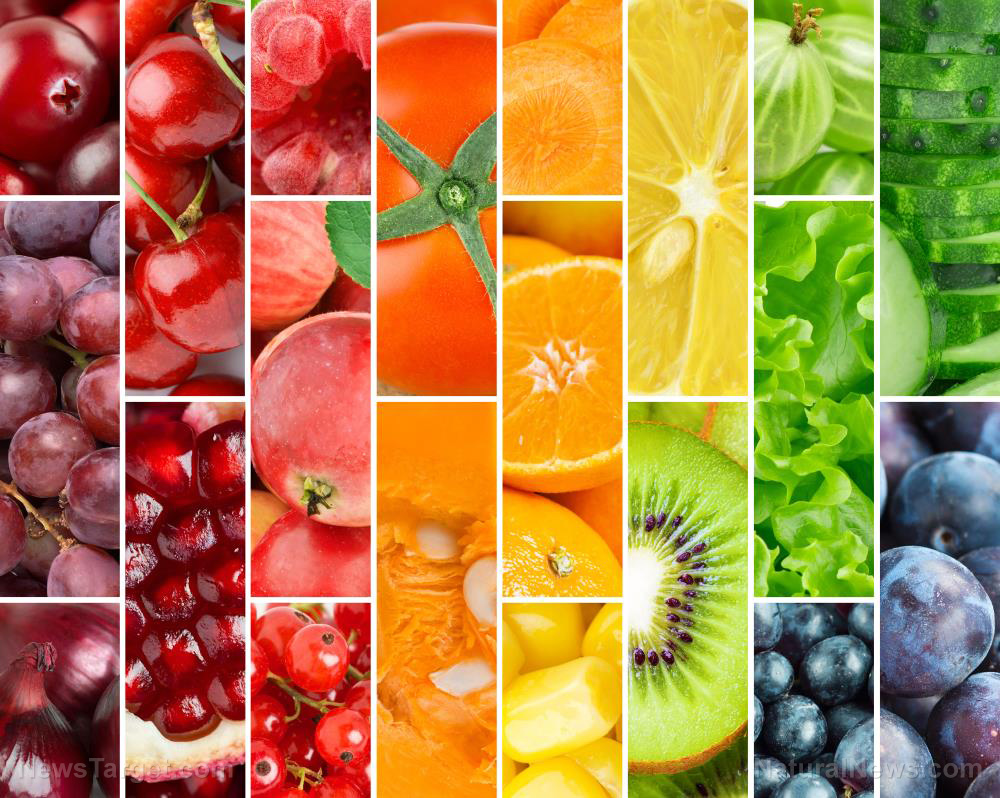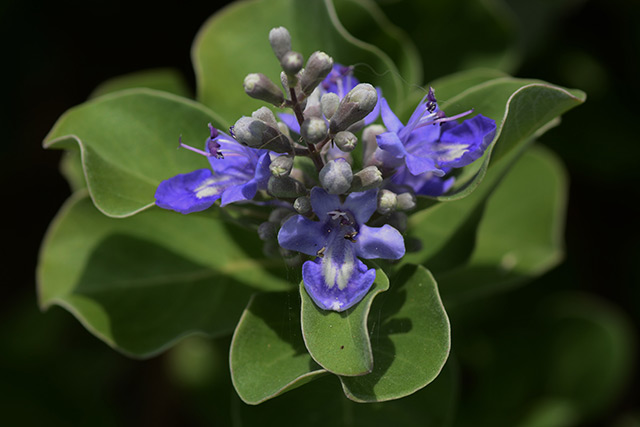Fast results for your health: One week of eating organic found to dramatically lower toxin levels in your body
05/29/2019 / By Isabelle Z.

With toxins seemingly everywhere these days, from the food we eat to the air we breathe and the water we drink, you might feel like there’s nothing you can do to avoid being exposed to dangerous substances. However, one study shows that you have a lot more control over it than you might think as switching to organic food for just one week can bring about a dramatic decrease in your toxin levels.
The study involved following four families from varying backgrounds as they consumed a conventional diet across six days and then switched to an organic diet for an additional six days. The conditions were very controlled, with researchers providing the organic food on the families’ shopping lists or hiring chefs to cook the organic meals for them during the all-organic phase.
The families the researchers chose were racially diverse and came from cities across the nation. They did not normally consume an organic diet, and all had children between the ages of three and 18 living at home. Food diaries were used, along with questionnaires to determine potential pesticide exposure within the home and nearby, such as its proximity to locations where pesticides are used.
The participants’ urine was tested before, during and after the study. The researchers found 14 pesticide metabolites and pesticides in the participants’ urine, representing exposure to more than 40 different types of pesticides. All but one of these biomarkers were reduced significantly following the organic diet.
Their overall pesticide levels fell by 60.5 percent in under a week. Malathion dropped by 95 percent, while organophosphates dropped by 70 percent and chlorpyrifos fell by 61 percent. Meanwhile, 2,4-D dropped by 37 percent.
This study was designed to look at exposure rather than the health outcomes related to that exposure, which can be very time-consuming. However, other studies that have explored this connection have illustrated how powerful this change can be, with a French study noting a 25 percent decrease in cancer levels after increasing organic food consumption.
Some of the problems that have been linked to pesticide exposure include lower cognitive scores, asthma, liver problems, reproductive and endocrine problems, attention and behavioral issues, and cancer. Conversely, a higher frequency of consuming organic food and the resultant reduced pesticide exposure has been found to be protective against a few types of cancer.
Switch to organic now, and your body will thank you
This study, and others like it, demonstrate just how powerful our food choices can be. It is never too late to switch to organic, and the benefits are tangible. If cost is holding you back, you might start by focusing on the fruits and vegetables that tend to have the most pesticides.
Each year, the Environmental Working Group releases its Dirty Dozen, a list of the fruits and vegetables that have the most pesticides. Not surprisingly, this list is mostly composed of foods that have delicate exteriors that are consumed. Even if you can’t buy everything organic, you should at least spring for organic strawberries, spinach, nectarines, grapes, kale, apples, peaches, tomatoes, and pears. Foods with an inedible protective barrier are often the safest bets if you must buy conventional produce. These include avocados, pineapples, onions, and kiwis.
Another budget-friendly option is growing your own organic produce, which is easier than you might think. There are lots of tools that can help you grow your own vegetables, even with limited space, and you will have full knowledge of exactly what you’re putting into your body.
Consuming organic is a choice that can give you more control over your health, and it can yield tremendously positive results rather quickly. Set a date and put yourself on the path to better health!
Sources for this article include:
Tagged Under: chlorpyrifos, clean food, detox, Fresh, fruits, herbicides, lifestyle, malathion, organic food, organic produce, organics, prevention, remedies, toxic ingredients, Veggies
RECENT NEWS & ARTICLES
COPYRIGHT © 2017 NATURAL CURES NEWS



















